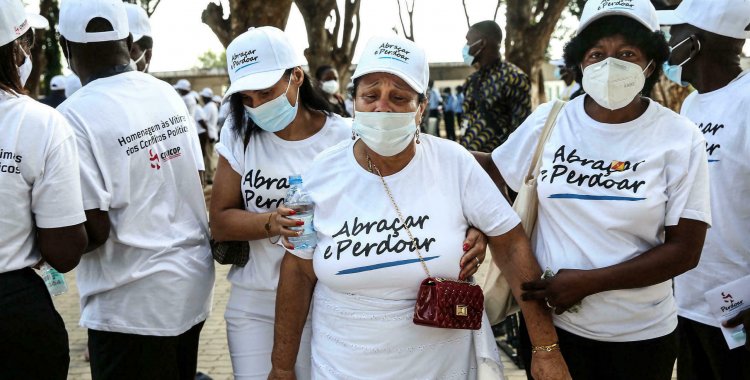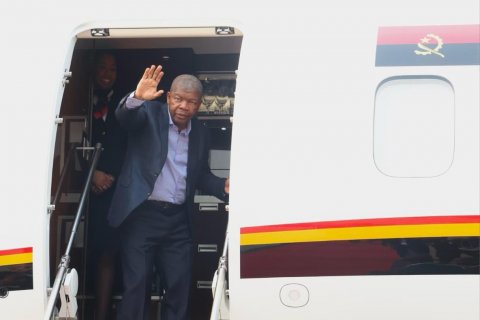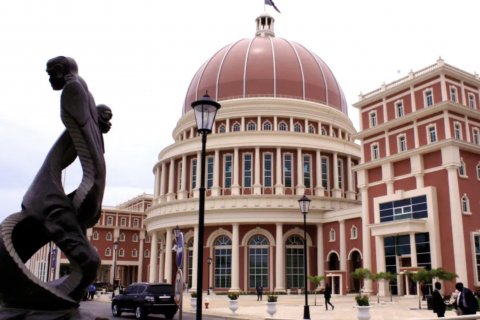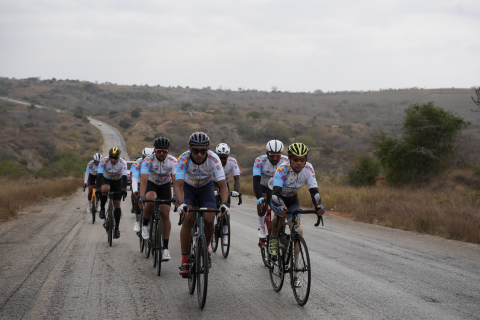Speaking to Lusa, Carlos Farinha, deputy director of the Portuguese Judiciary Police, said that the team, which also includes a forensic anthropologist and a specialist in forensic archeology, will collaborate at a technical and scientific level with the Angolan government in this process, developing training activities , transmit some experiences "and help the process to run as smoothly as possible".
Carlos Farinha highlighted that the executive has an ongoing process of national reconciliation to allow "some light to be shed" on the circumstances of these deaths and that it is possible, in some cases, to recover mortal remains, identify them and deliver them to relatives who require it.
"All of this is a reality and an extraordinarily complex process that will take time", said the PJ responsible, admitting that two years – the period foreseen for the procedures – is too optimistic, since procedures involving data collection are at stake. AM (Ante Mortem) and PM (Post Mortem) and subsequent reconciliation of these elements to establish identities.
"We are at an initial stage, a stage of designing the procedure, allocating resources and spaces. It is necessary to collect the remains in an adequate way, store them in places where they can be analyzed, it is necessary to carry out DNA analysis, to cross-reference all the information from the claimant families," he added.
For Carlos Farinha, this is not only a technical challenge, but also an ethical one, a process of "great sensitivity" that involves respect for the memory of victims, a complex and multidisciplinary one that involves the use of various areas of knowledge.
The specialist said that there had already been previous contacts with the Angolan government, but only now the team traveled to Luanda "for closer contact with this reality and with the professionals who are here", staying for about 10 days in the country, and giving then continue the work.
"The most difficult thing will be managing the process in global terms: when it starts, this process meets expectations and, sometimes, these have to adapt to the necessary length of a process of this type and it is important to find some balances. There is a 'puzzle' here, a quantity of information that has to be dealt with, from a technical-scientific point of view, with respect for all the involvement of this matter", stressed Carlos Farinha.
The specialists had a meeting this Wednesday with officials from the Ministry of Justice and Human Rights, within the scope of the Commission for the Implementation of the Reconciliation Plan in Memory of Victims of Political Conflicts (CIVICOP).
At the end of the meeting, the minister of tutelage, Francisco Queiroz told the press that Angola had already registered, in the last three months, 2,051 requests for the issuance of death certificates, as part of the reconciliation process in memory of the victims of the 27 years of conflict. political.
The government official stressed that state-of-the-art equipment was acquired to locate the remains and provide the laboratories with technical means and specific chemical products for DNA tests.
The minister also said that the bones that, for some reason, are not identified, will be deposited in a memorial to be built at the National Assembly.
In the second phase, added Francisco Queiroz, the process will continue with the delivery of death certificates and all other planned work.
Francisco Queiroz appealed to all Angolans to remain united in building a new type of relationship, so that episodes like the one on May 27, 1977, a date marked in the country with an attempted coup d'état, never happen again.
On May 27, 1977, an alleged coup attempt, in an operation apparently led by Nito Alves – then Minister of Interior since independence (11 November 1975) until October 1976 – was violently repressed by the regime of Agostinho Neto .
This year, for the first time, after 44 years, the Government, as part of a tribute to the memory of all Angolans who were victims of political conflicts in Angola, between 11 November 1975 and 4 April 2002, also paid tribute to the citizens who died due to May 27, 1977.
On the eve of the tribute, President João Lourenço asked "apologies on behalf of the Angolan State for the great evil of the executions".
Portuguese forensic experts support the identification of victims of conflicts
A team of Portuguese experts will support the Government in the process of identifying victims of political conflicts within the scope of the reconciliation plan, one of the experts told Lusa.







